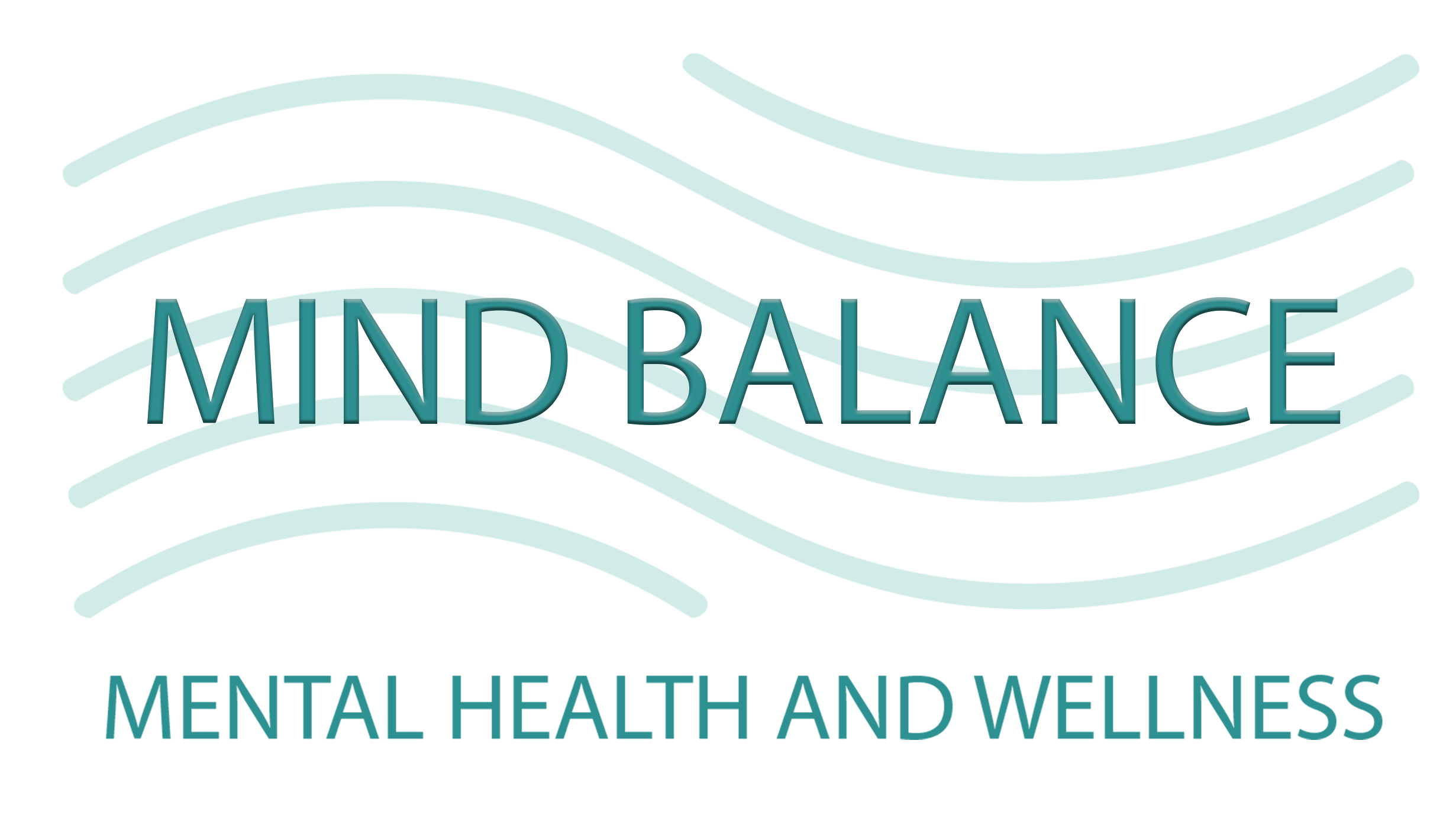Getting a Grip on Anxiety Disorders
Anxiety disorders are pretty common and can mess with your daily life big time. It’s important to get a handle on how widespread these issues are and how they can throw a wrench in your overall well-being.
How Common Are Anxiety Disorders?
In the U.S., anxiety disorders hit a lot of folks. According to Medical News Today, over 19% of adults deal with anxiety every year. And it’s not just adults—about 19% of U.S. adults and 31% of teens aged 13 to 18 face anxiety annually, says the National Institute of Mental Health.
Anxiety disorders are the top mental health issue, with nearly 30% of adults experiencing them at some point (American Psychiatric Association). These numbers show just how common anxiety disorders are and why it’s so important to find effective ways to deal with them.
How Anxiety Messes with Your Life
Anxiety disorders can really mess with different parts of your life. Symptoms like nervousness, agitation, tension, a racing heart, and chest pain can cause a lot of stress and make it hard to function normally (Medical News Today).
People with anxiety might avoid situations that make their symptoms worse. This can mess with work, school, and personal relationships, dragging down your quality of life (American Psychiatric Association). Knowing how anxiety affects your daily life is key to finding the right treatment and support.
To tackle anxiety disorders, you need to look into therapy, medication, natural remedies, lifestyle changes, and support systems. By addressing anxiety from all angles, you can take steps towards finding inner peace and boosting your overall well-being.
Tackling Anxiety: Therapy That Works
Dealing with anxiety? You’re not alone, and there are several ways to help you feel better. Here are some popular therapies that can make a real difference:
Cognitive Behavioral Therapy (CBT)
Cognitive Behavioral Therapy (CBT) is a big name in anxiety treatment. It’s all about spotting and changing those pesky negative thoughts and habits that fuel your anxiety. Think of it as a mental workout that helps you understand how your thoughts mess with your feelings and actions. With CBT, you learn to swap out those negative thoughts for healthier ones, giving you better ways to cope (Medical News Today). It’s a go-to for tackling Social Anxiety Disorder (SAD), Generalized Anxiety Disorder (GAD), phobias, and panic attacks. A good therapist can guide you through practical steps to challenge your anxiety head-on.
Exposure Therapy
Exposure therapy is like CBT’s brave cousin. It involves facing your fears in a controlled way, bit by bit. The idea is to get you used to the things that scare you, so they lose their power over you. Whether it’s spiders, flying, or public speaking, exposure therapy can help you manage your fears better. It comes in different flavors, like virtual reality, step-by-step desensitization, or real-life exposure, all under a therapist’s watchful eye.
Dialectical Behavior Therapy (DBT)
Dialectical Behavior Therapy (DBT) mixes mindfulness, acceptance, and change. It’s not just for borderline personality disorder; it’s great for anxiety too. DBT teaches you how to handle your emotions, deal with stress, and improve your relationships. By building emotional strength and learning new coping skills, DBT helps you keep anxiety in check (Verywell Mind).
Acceptance and Commitment Therapy (ACT)
Acceptance and Commitment Therapy (ACT) is another solid option. ACT is about figuring out what really matters to you and taking steps to live by those values, even when anxiety tries to get in the way. It’s about accepting your feelings and learning to live with them, rather than fighting them. ACT helps you build psychological flexibility, so you can lead a fulfilling life despite anxiety (Verywell Mind).
Remember, therapy is a top choice for anxiety treatment, especially when there’s no medical issue like a thyroid problem causing it. CBT, exposure therapy, DBT, and ACT are all proven to help manage anxiety and boost your overall well-being. A good therapist can help you find the right approach for you and support you every step of the way.
Medication Options for Anxiety
Dealing with anxiety? Meds can be a game-changer. There are various types, each with its own perks and quirks. Always chat with your doc to find the best fit for you. Here’s a rundown of some common anxiety meds:
Selective Serotonin Reuptake Inhibitors (SSRIs)
SSRIs are often the go-to for General Anxiety Disorder (GAD). They boost serotonin levels in your brain, helping to lift your mood and ease anxiety. But don’t expect overnight magic—these meds usually take 2-6 weeks to kick in. You might be on them for 6-12 months before tapering off. Popular SSRIs include fluoxetine (Prozac), sertraline (Zoloft), and escitalopram (Lexapro).
Serotonin and Noradrenaline Reuptake Inhibitors (SNRIs)
SNRIs are another first-choice for anxiety. They work by blocking the reabsorption of serotonin and norepinephrine, which can help calm your nerves. Common SNRIs are duloxetine (Cymbalta) and venlafaxine (Effexor XR). Your doc will help you figure out the right one and the right dose.
Tricyclic Antidepressants (TCAs)
TCAs are old-school antidepressants that can also tackle anxiety. They’re not as popular as SSRIs because they come with more side effects, but they can be effective if other meds don’t cut it. Examples include imipramine (Tofranil) and amitriptyline (Elavil). Close monitoring by your healthcare provider is a must with these.
Benzodiazepines
Benzos are great for quick relief. They enhance the effect of GABA, a neurotransmitter that promotes relaxation. But be careful—these can be habit-forming and are usually prescribed for short-term use. Common ones are diazepam (Valium) and alprazolam (Xanax). Always consult your doc before making any changes to your dosage.
Medications can be a key part of your anxiety treatment plan, but they’re not the whole story. Work closely with your healthcare provider to find the right med, dose, and treatment length. Regular check-ins are crucial to see how well the meds are working and to catch any side effects. Remember, meds are just one piece of the puzzle. Therapy and lifestyle changes can also play a big role in managing anxiety.
Natural Remedies for Anxiety
Feeling anxious? You’re not alone, and there are plenty of natural ways to help you chill out. Here are some down-to-earth remedies that can ease your anxiety and boost your overall well-being:
Get Moving
Exercise isn’t just for getting fit; it’s a mood booster too. When you move your body, you release endorphins, those “feel-good” hormones that can help you feel more relaxed and happy. Whether it’s a brisk walk, a jog, some yoga, or even dancing around your living room, getting active can make a big difference in how you feel.
Chill Out with Meditation
Meditation and relaxation techniques are like a spa day for your mind. They help you slow down, breathe deeply, and find some inner peace. Try deep breathing exercises, progressive muscle relaxation, or guided imagery to help you unwind. Making these practices a part of your daily routine can help keep anxiety at bay.
Sniff Your Way to Calm
Aromatherapy and herbal supplements have been around forever, and for good reason. Essential oils like lavender, chamomile, and bergamot can create a calming atmosphere when diffused or applied to your skin. Herbal supplements like passionflower, valerian root, and lemon balm can also help you relax. Just make sure to check with a healthcare professional before starting any new supplements to ensure they’re safe for you.
Hang Out with Animals
Pets are more than just cute companions; they can actually help reduce anxiety. Spending time with animals, whether it’s cuddling your cat, playing with your dog, or even watching fish swim, can lower stress levels and make you feel more at ease. If you don’t have a pet, consider volunteering at an animal shelter or visiting therapy animals to soak up some of that furry love.
Adding these natural remedies to your daily routine can help you manage anxiety and feel better overall. But remember, if your anxiety is sticking around or getting worse, it’s important to seek professional help. For more treatment options or support, reach out to Mind Balance in Charlotte, NC. They’re there to help you find the right path to feeling better. Contact us if you have any questions about our anxiety treatment in Charlotte.
Lifestyle Tweaks to Tame Anxiety
Feeling anxious? You’re not alone. Small changes in your daily routine can make a big difference in managing anxiety. Here are some practical tips to help you feel more at ease:
Eat Right, Feel Right
What you eat can affect how you feel. A balanced diet packed with fruits, veggies, whole grains, lean proteins, and healthy fats can boost your mood. Foods rich in omega-3 fatty acids, like salmon and flaxseeds, and magnesium, such as leafy greens and nuts, are especially good for your brain. Before making any big changes, chat with a healthcare pro or dietitian to find what works best for you.
Move More, Stress Less
Exercise isn’t just good for your body; it’s a game-changer for your mind too. Physical activity releases endorphins, those feel-good chemicals that can help reduce anxiety. Whether it’s a brisk walk, a jog, a bike ride, or a yoga session, getting moving can lift your spirits. A study even found that active folks had a 60% lower chance of developing anxiety compared to couch potatoes (Healthline).
Cut Back on Booze and Caffeine
Sure, a glass of wine or a cup of coffee might seem like a quick fix, but they can actually make anxiety worse. Alcohol messes with your sleep and can lead to more anxiety and depression. A 2019 study found a strong link between anxiety and alcohol use. Caffeine, on the other hand, can make your heart race and trigger anxiety attacks. A 2022 review showed that cutting back on caffeine can help ease anxiety.
Master Stress Management
Stress is a major anxiety trigger, so learning to manage it is key. Techniques like deep breathing, mindfulness meditation, and doing things you love can help you stay calm. Diaphragmatic breathing, where you focus on moving your belly as you breathe, can prevent hyperventilation and ease anxiety (Better Health Victoria).
Making these lifestyle tweaks can help you manage anxiety better. Remember, what works for one person might not work for another, so it’s important to find what suits you best. Always consult with a healthcare professional for personalized advice and support.
Support Systems for Anxiety
Dealing with anxiety can feel like a solo battle, but having a solid support system can make a world of difference. These systems offer understanding, validation, and encouragement, helping you tackle the hurdles anxiety throws your way. Here are some key support systems that can be game-changers in managing anxiety:
Therapy Support Groups
Therapy support groups are like a lifeline for those grappling with anxiety. They provide a safe space where you can meet others, share your experiences, and build a network of support. These groups are often led by mental health pros who know their stuff about anxiety disorders. It’s a place to swap stories, pick up new coping strategies, and realize you’re not alone. If you feel isolated or find it tough to talk about your anxiety with family and friends, these groups can be a real lifesaver.
Family and Friends Support
Never underestimate the power of a good chat with family and friends. Their support can be a rock-solid foundation in managing anxiety. Loved ones who get what you’re going through can offer comfort and reassurance. They can lend an ear, help out practically, and cheer you on during tough times. Talking about your experiences with trusted folks can ease feelings of loneliness and build a reliable support network. Educating your family and friends about anxiety can also help them understand and be more compassionate.
Peer Support Networks
Peer support networks are another treasure trove of help. These networks are made up of people who’ve been there, done that with anxiety. Connecting with peers who’ve faced similar challenges can give you a sense of hope and inspiration. You can find these networks online, in local community groups, or even on social media. They offer a chance to share, learn, and support each other on a deeper level.
Online Mental Health Communities
Thanks to the internet, there are tons of online resources and communities focused on mental health. These online communities are perfect for connecting with others, sharing experiences, and getting support. They’re especially handy if you can’t access local resources or if social anxiety makes in-person support tough. Engaging in these communities can help you see that you’re not alone and provide a space to ask questions, gain insights, and get support.
Building a support system that includes therapy support groups, family and friends, peer support networks, and online mental health communities can supercharge your anxiety management. Surround yourself with people who understand and support your mental health needs. Together, you can face the challenges of anxiety and work towards a healthier, happier life.
In any given year, the estimated percent of U.S. adults with various anxiety disorders are: Generalized Anxiety Disorder (3.1%), Panic Disorder (2.7%), Phobias (8.7%), Agoraphobia (0.9%), Social Anxiety Disorder (6.8%), Separation Anxiety Disorder (0.9%), and Selective Mutism (0.7%).





